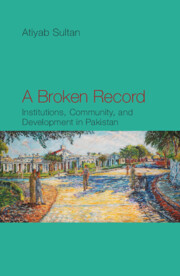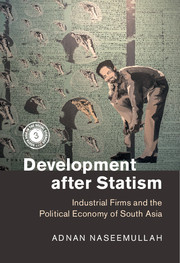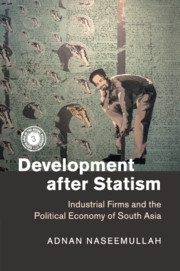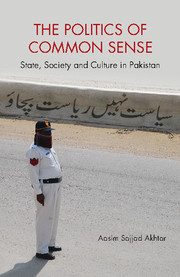A Broken Record
This book examines economic reform in the Punjab in the period 1900-47 in an attempt to historicise theories of institutional change and community development. It advances the economic history of the region by analysing microeconomic reform in the province. A close examination of programmes of rural reconstruction in colonial Punjab reveals stark parallels with more contemporary prescriptions of development economics. Simultaneously, a study of the trajectory of legislative change sheds light on the institutional legacies of colonial rule. It engages deeply with the theoretical scholarship on development and rural uplift that emerges in this period and develops an intellectual genealogy that links colonialism to development studies. It questions the continued valorisation of the 'community' despite a lack of supportive evidence and argues that one reason for the continued popularity of ideas of community development and institutional malaise is that both absolve the status quo from blame.
- Adds to the microeconomic history of the Punjab
- Explores the institutional legacy of colonialism
- Useful for readers interested in development studies and South Asia
Product details
January 2023Hardback
9781108832632
230 pages
236 × 158 × 19 mm
0.42kg
Available
Table of Contents
- Preface
- Acknowledgements
- Glossary
- Figures and illustrations
- Introduction – Institutions, debt and the deadweight of history: Punjab C.1900–1947
- 1. Glass half full? Two views of the Punjab
- 2. An alternate economic history of the Punjab
- 3. Combating indebtedness I – Laws and institutions
- 4. Combating indebtedness II – Community development in colonial Punjab
- 5. The bureaucrat's burden: Tales of reform and development
- 6. Colonialism and the discourse on development
- Postscript
- Bibliography.







